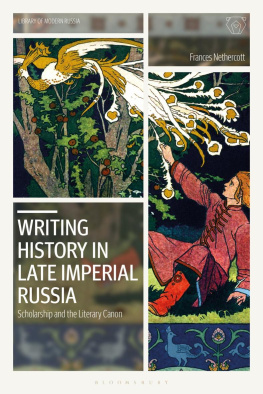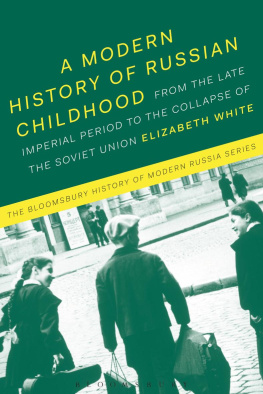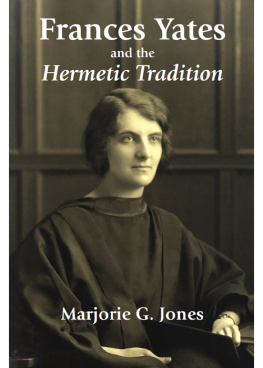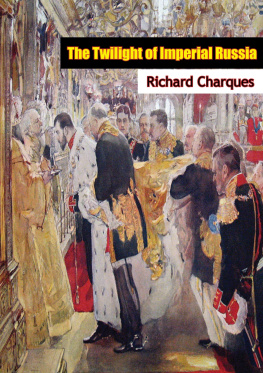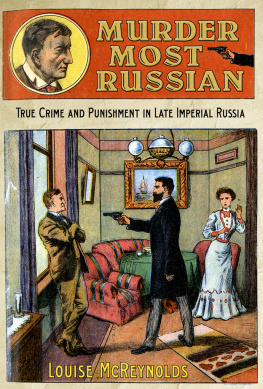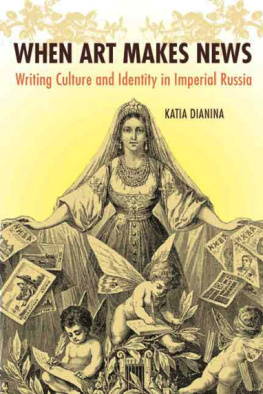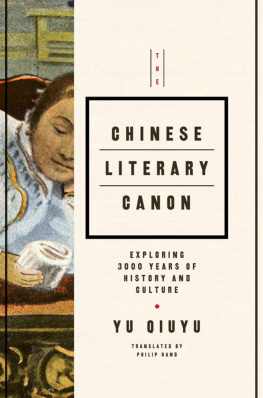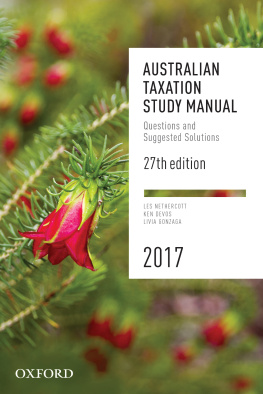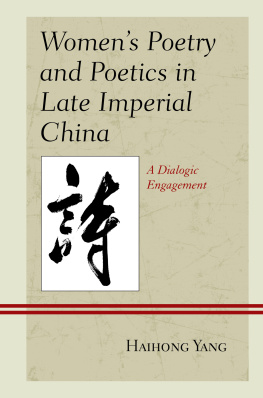Library of Modern Russia
Advisory Board:
Jeffrey Brooks, Professor at Johns Hopkins University, USA
Michael David-Fox, Professor at Georgetown University, USA
Lucien Frary, Associate Professor at Rider University, USA
James Harris, Senior Lecturer at the University of Leeds, UK
Robert Hornsby, Lecturer at the University of Leeds, UK
Ekaterina Pravilova, Professor of History at Princeton University, USA
Geoffrey Swain, Emeritus Professor of Central and East European Studies at the University of Glasgow, UK
Vera Tolz-Zilitinkevic, Sir William Mather Professor of Russian Studies at the University of Manchester, UK
Vladislav Zubok, Professor of International History at the London School of Economics, UK
Building on Bloomsbury Academics established record of publishing Russian studies titles, the Library of Modern Russia will showcase the work of emerging and established writers who are setting new agendas in the field.
At a time when potentially dangerous misconceptions and misunderstandings about Russia abound, titles in the series will shed fresh light and nuance on Russian history. Volumes will take the idea of Russia in its broadest cultural sense and cover the entirety of the multi-ethnic lands that made up imperial Russia and the Soviet Union. Ranging in chronological scope from the Romanovs to today, the books will:
Reconsider Russias history from a variety of inter-disciplinary perspectives.
Explore Russia in its various international contexts, rather than as exceptional or in isolation.
Examine the complex, divisive and ever-shifting notions of Russia.
Contribute to a deeper understanding of Russias rich social and cultural history.
Critically reassess the Soviet period and its legacy today.
Interrogate the traditional periodizations of the post-Stalin Soviet Union.
Unearth continuities, or otherwise, among the tsarist, Soviet and post-Soviet periods.
Reappraise Russias complex relationship with eastern Europe, both historically and today.
Analyse the politics of history and memory in post-Soviet Russia.
Promote new archival revelations and innovative research methodologies.
Foster a community of scholars and readers devoted to a sharper understanding of the Russian experience, past and present.
Books in the series will join our list in being marketed globally, including at conferences such as the BASEES and ASEEES conventions. Each will be subjected to a rigorous peer-review process and will be published in hardback and, simultaneously, as an e-book. We also anticipate a second release in paperback for the general reader and student markets.
For more information, or to submit a proposal for inclusion in the series, please contact: Rhodri Mogford, Publisher, History (Rhodri.Mogford@bloomsbury.com).
New and forthcoming:
Fascism in Manchuria: The Soviet-China Encounter in the 1930s, Susanne Hohler
The Idea of Russia: The Life and Work of Dmitry Likhachev, Vladislav Zubok
The Tsars Armenians: A Minority in Late Imperial Russia, Onur Onol
Myth Making in the Soviet Union and Modern Russia: Remembering World War II in Brezhnevs Hero City, Vicky Davis
Building Stalinism: The Moscow Canal and the Creation of Soviet Space, Cynthia Ruder
Russia in the Time of Cholera: Disease and the Environment under Romanovs and Soviets, John Davis
Soviet Americana: A Cultural History of Russian and Ukrainian Americanists, Sergei Zhuk
Stalins Economic Advisors: The Varga Institute and the Making of Soviet Foreign Policy, Ken Roh
Ideology and the Arts in the Soviet Union: The Establishment of Censorship and Control, Steven Richmond
Nomads and Soviet Rule: Central Asia under Lenin and Stalin, Alun Thomas
The Russian State and the People: Power, Corruption and the Individual in Putins Russia, Geir Hnneland et al. (eds)
The Communist Party in the Russian Civil War: A Political History, Gayle Lonergan
Criminal Subculture in the Gulag: Prisoner Society in the Stalinist Labour Camps, Mark Vincent
Power and Politics in Modern Chechnya: Ramzan Kadyrov and the New Digital Authoritarianism, Karena Avedissian
Russian Pilgrimage to the Holy Land: Piety and Travel from the Middle Ages to the Revolution, Nikolaos Chrissidis
The Fate of the Bolshevik Revolution, Lara Douds, James Harris, and Peter Whitehead (eds)
Writing History in Late Imperial Russia, Frances Nethercott
Translating England into Russian, Elena Goodwin
I would like to thank the following institutions for their generous financial support, which greatly assisted me during the course of researching and writing this book: the Institute for Advanced Studies, Princeton, the Leverhulme Trust and the Institute for Historical Research (Scouloudi Award). I am also grateful to my home university, St Andrews, for providing optimal research conditions in the form of regular sabbaticals and for encouraging research-led teaching: students can be among the best sounding boards for trialling new ideas.
People make a difference. There are several I would like to thank, some, sadly now deceased: Morton White, Oleg Grabar and Irving Lavin whom I encountered during my stay in Princeton when I first began thinking about Russian historical culture. Although not specialists in the field, their insights into so many issues, and the conversations I had with them, almost on a daily basis, were indirect, yet powerful sources of inspiration to think about things. My thanks, too, go to Lionel Gossman, Avishai Margalit and Jonathan Israel, Vera Kaplan and Aleksandr Dobrokhotov for their constructive criticism and suggestions. I am also very grateful to the insightful comments provided by the anonymous reviewer of the first draft of this book and for spotting things, which I had not seen. As for the laborious process of editing, I must give due thanks to Laura Reeves for her patience and gentle nudging. I am also extremely grateful to the staff of the Slavic Reference Service, University of Illinois, Urbana-Champaign: their help in tracking down references has been second to none.
Some of the materials in the book were first published as articles: a few short sections in about excursion history were originally published in a special issue of the Revue des tudes slaves (2017) examining developments in the human sciences in the aftermath of the October Revolution. I would like to thank Astrid Mazabraud for her careful editing and suggestions and Catherine Depretto for taking on my proposal in the first place. Pierre Gonneau is due thanks for editing and translating another short piece that I wrote about Kliuchevskii and his literary muses as part of a larger, international project on the writing and rewriting of Russian history across four centuries. All of them, whether knowingly or unknowingly, have ensured that I bring this book to completion.
St Andrews, May 2019
For the historian () it is a great find when he encounters the artist. To the outside observer, Vasilii Kliuchevskiis vindication of the historians felicitous encounter with the world of creative imagination, cited here from his Pushkin Speech in 1880, might seem peculiarly at odds with the climate of positivism and rigorous science-based approaches to the past that otherwise characterized the discipline of history across Continental Europe during the closing decades of the nineteenth century. Yet, for his Russian audience, the remark spoke to an axiomatic truth about the broader formative significance of the literary world in the nations intellectual and cultural tradition: fiction, many believed, was a powerful tool for raising historical awareness. But, why exactly did Kliuchevskii and others think this, and what forms did the encounter between the historian and the artist actually take? Was the appeal of creative fiction merely a form of late-nineteenth-century outreach, a tool to raise the profile of the discipline, or did the world of literary imagination actually have a place in research agendas and endeavours to enhance historical understanding?


